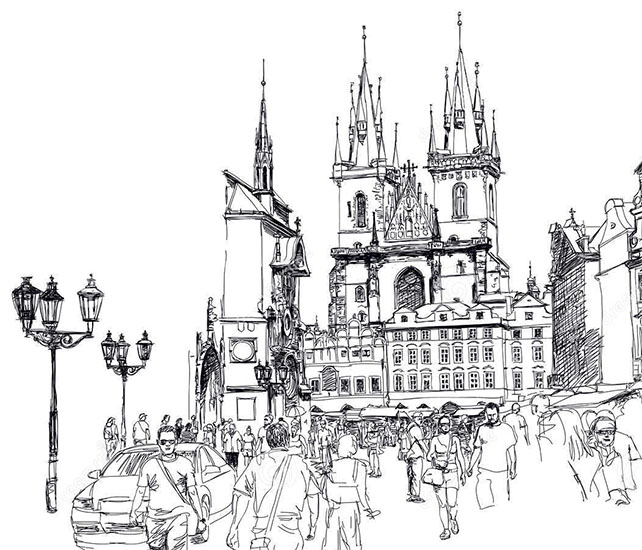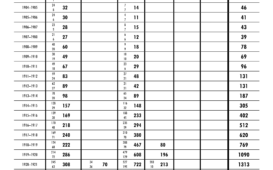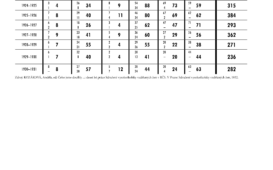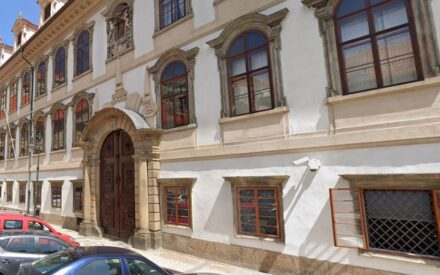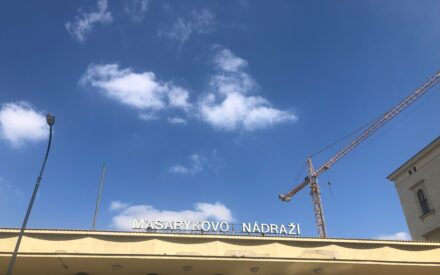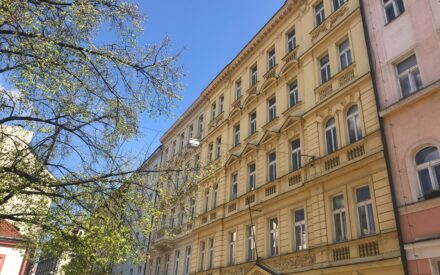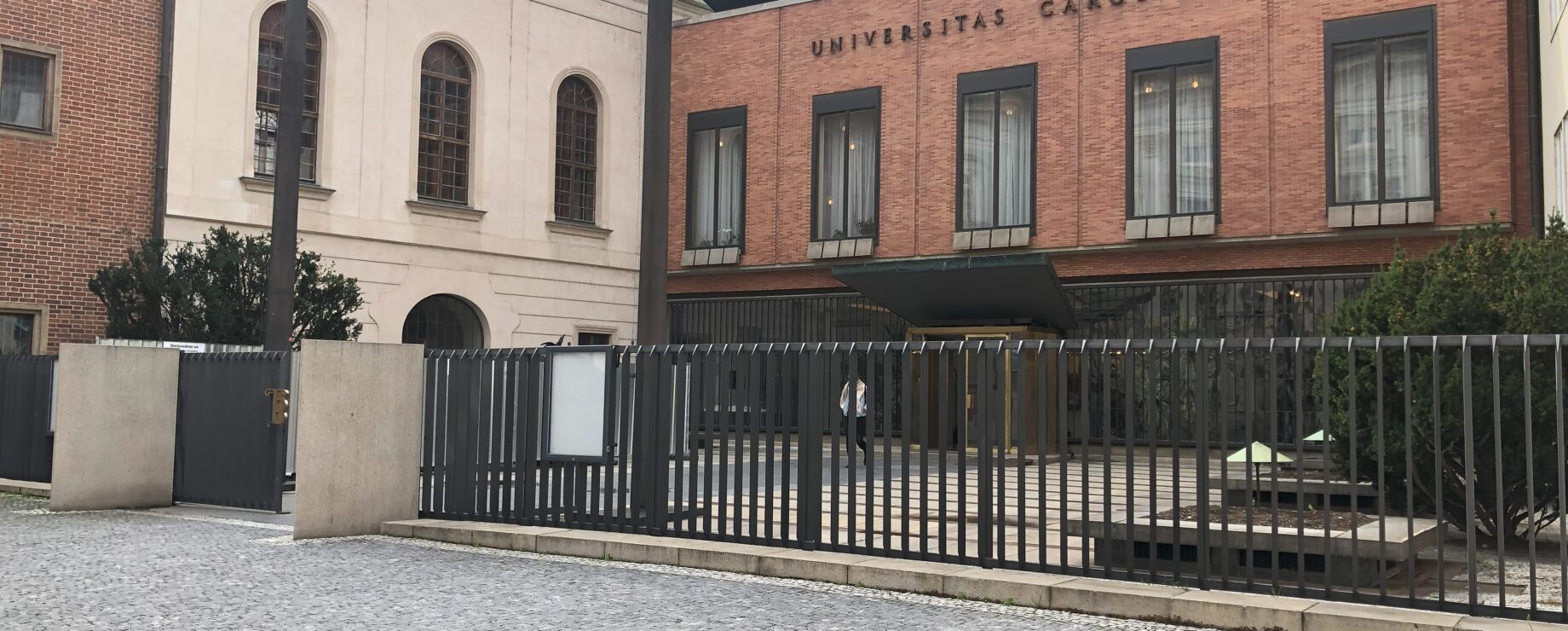
Women as Graduates
Women – University Students
University education was prohibited to women for a long time. In the Astro-Hungarian Empire, women were given access to universities in 1896, but they could only attend as visitors. They were allowed to visit lectures if they received an approval of the given professsor, but this opportunity could be denied anytime. In 1897, only the Faculty of Arts of the Charles University (officially Charles-Ferdinand University at that time) accepted women as regular students. Women were also very much interested in studying medicine, but this was not possible until 1903 – with the only exception in 1895 which resulted in the graduation of the first Czech female doctor, Anna Honzáková, in 1902. The Faculty of Law and technical universities only started to allow admission of women in 1918. For more about the numbers of women studying at individual faculties and universities, see the tables below.[1]
University Education in German in Czechoslovakia
There were a few German universities in Prague after the formation of the Czechoslovak Republic. The German University in Prague (Deutsche Universität Prag) was a significant institution that followed the tradition of the Charles University’s German section. As early as in 1882, the Charles University (known as Charles-Ferdinand university back then) split into two sections: the Czech and the German one. Upon the formation of Czechoslovakia, the university’s German section refused the new republic system. A possible relocation of the university to the city of Liberec was considered. It eventually made a vow of loyalty to the Czechoslovak Republic after the promise it would maintain its equality with other public universities and its activity would not be restricted. However, the National Assembly decided that the German section of the university could no longer use the original name. After that, it was renamed to Deutsche Universität Prag, and there was a tense relationship between the two universities which resulted in the dispute over the university insignia (symbols) in 1934. The German University in Prague was dissolved after the war in 1945.
Other German universities in Prague were also the German Technical University in Prague (Deutsche Technische Hochschule Prag) and the German Academy of Music and Performing Arts in Prague (Deutsche Akademie für Musik und darstellende Kunst in Prag).
Gerty Theresa Cori
She was born in 1896 in Prague in the Radnitz family of German-speaking Jews (her sister was the painter Charlotte Radnitz). She graduated from medicine at the German University in Prague where she met her future husband, Carl Cori. Together they moved to Vienna and later to the USA in the 1930s where they also obtained the U.S. citizenship. In 1947, they received the Nobel Prize for their research in metabolism of sugar, specifically for their discovery of the course of the catalytic conversion of glycogen. After Berta Kinská-Suttnerová, she was the second woman born in Prague to receive the Nobel Prize.
[1] The data on numbers of women and years they started their university studies may differ in various sources.
Gallery
Další místa na téma "Notable Women of German-Speaking Prague"
